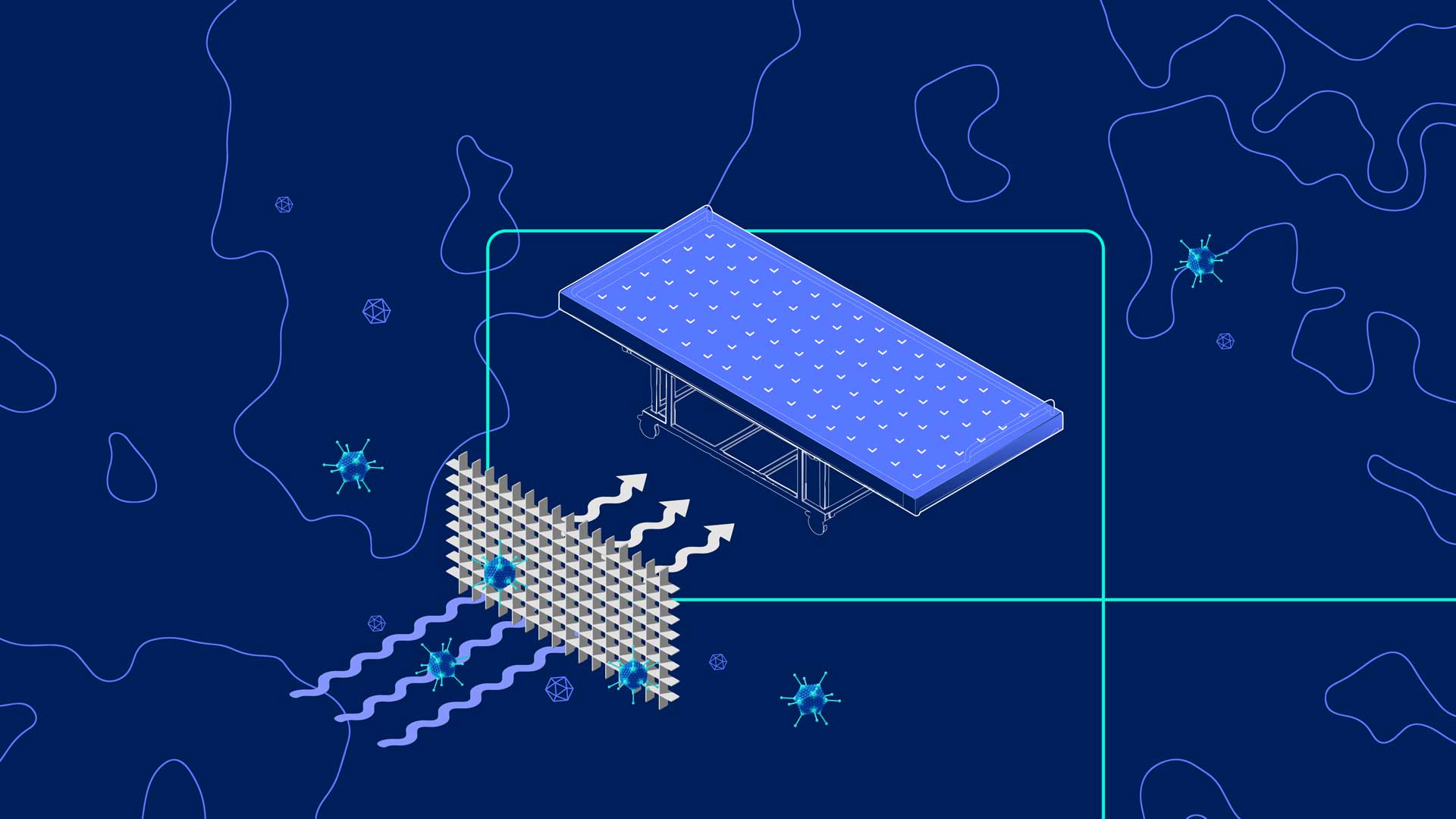We were delighted that Michael agreed to be part of this first edition of Clima to share his wide experiences and knowledge of the agrifood markets, offer insights into the impact of COVID-19 and help to explore the challenges facing a global supply chain.
Q) Is a global food supply chain going to become a thing of the past? Do you see new supply chain models emerging?
No, I don’t think it will ever completely disappear and countries are always going to be reliant on one another for produce that can’t be grown locally, whether for climatic or economic reasons. But we are certainly going to see far more localisation of supply chains moving forward. As COVID-19 has demonstrated, if the time comes where countries are forced to close borders to protect the food security of their own citizens, the need to achieve even basic levels of sustainable food production becomes paramount. We are going to see a wave of new technologies and localised supply chains emerging for at least the production and supply of nutrient-dense vegetables, fish and alternative proteins.
"We are certainly going to see far more localisation of supply chains moving forward."
Q) Has the COVID-19 pandemic changed your view of this?
Yes, definitely. We were already moving towards more localised production and a recognition that we need to find different ways to feed our cities that are sustainable in both production levels and environmentally. But we must also ensure that in times of crisis that our supply chains remain open and are flexible enough to divert to new channels so we do not see the appalling waste, for example, with millions of litres of milk poured into drains and vegetable farmers ploughing in their fields because there is no market for the produce.
Q) What do you consider to be the fundamental elements of food supply that cannot be forsaken in any circumstances?
Efficient, equitable and sustainable production and supply of fresh food. Clearly that’s not happening in many countries where there are enormous production and supply chain inefficiencies and inequities hampering smallholder farmers and threatening millions with famine.
Q) How can agritech play its part in supporting the supply chain ecosystem?
Digitisation will be the key driver of supply chain efficiency. Artificial Intelligence informed by data collected from sensors throughout the supply chain will provide visibility into real-time production and demand levels so that any imbalances can be predicted or more effectively dealt with. AI models will be able to predict these imbalances so that production, transport and distribution can be adjusted in response. Automation and robotics are also going to play an increasingly major role in our future food system.
"Digitisation will be the key driver of supply chain efficiency."
Q) Do we need to see greater collaboration between more traditional farming communities and technology or scientific communities and organisations?
I think there is already a lot of collaboration or interaction going on between those two groups. The fundamental point of new technology development is to solve a real pain point for farmers, so in my experience, the best researchers spend a lot of time understanding their target markets and the problems they face.
Q) What would you highlight as the key limitations within the expanding agritech market that need to be overcome as we move forward? Are there also opportunities here?
Investment is a big one. Whilst investment levels in agritech continue to rise, the amount of capital being invested in technology for the global food system falls far short of its relative importance.
"The amount of capital being invested in technology for the global food system falls far short of its relative importance."
Q) How can indoor growing, and vertical farming specifically, bring solutions to local supply chains?
I see locally grown fresh vegetables and seafood as a fundamental component of our “smart cities” of the future. Compact, high-yielding indoor circular systems will be the norm. Similarly, large scale fermentation technologies to produce clean, high-quality alternative proteins are inevitable. Climate change is forcing us to adopt sustainable, energy-efficient controlled environment production systems that are able to preserve water and virtually eliminate environmental impact.







